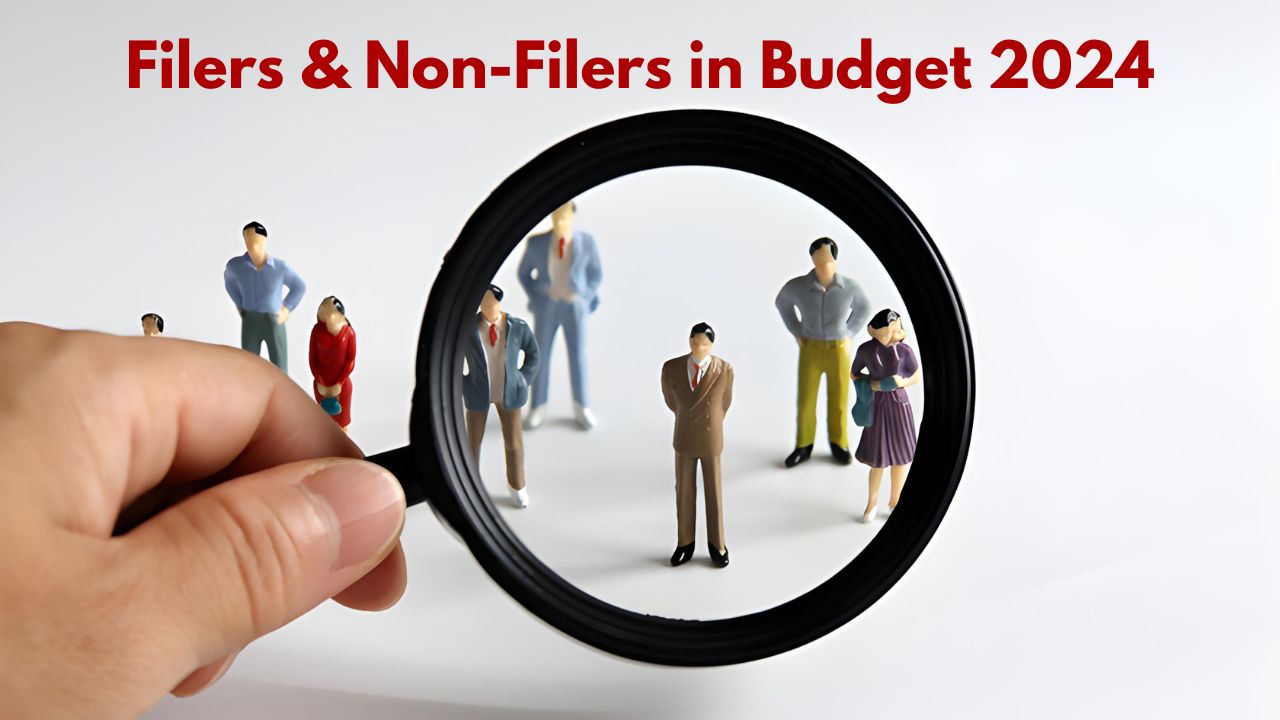The concept of non-filers is crucial in understanding recent actions by the Federal Board of Revenue (FBR). Many individuals are concerned about the implications of being classified as a non-filer, particularly regarding travel restrictions and utility connections. This article aims to clarify who non-filers are and the consequences they face.
Last year, FBR implemented amendments that included restrictions on foreign travel and utility connections for non-filers. With a staggering 55 lakh tax returns filed, it’s essential to understand that a significant portion of the population remains non-filers. This scenario raises the question: who exactly falls under the non-filer category?
Who Are the Non-Filers?
Only some people who have filed a tax return are classified as non-filers. The affected individuals are legally required to file tax returns but have failed to do so after receiving a notice from FBR. This group is subject to penalties, including suspending utility services and travel bans.
It is important to note that not every non-filer will face immediate penalties. The FBR targets individuals who have received specific notices regarding their obligation to file tax returns under Section 114 of the Income Tax Ordinance. Failure to comply with such notices results in severe consequences.
The Criteria for Being a Filer
The criteria for being classified as a filer are outlined in Section 114 of the Income Tax Ordinance. This section specifies various thresholds determining who is liable to file a tax return. Some of these criteria include:
- Owning a vehicle with an engine capacity of 1000 cc or more.
- Having an income exceeding 6 lakh PKR.
- Property ownership that meets specific size requirements.
- Holding significant business assets or income from employment above a particular limit.
Individuals who meet these criteria but fail to file their tax returns may face consequences, including utility disconnections and travel restrictions.
Exemptions and Special Cases
Certain groups are exempt from travel and utility restrictions. For instance, individuals undertaking religious pilgrimages, such as the Hajj and Umrah, are exempt from these penalties. Students traveling abroad for education also fall outside of the non-filer restrictions.
Understanding these exemptions is vital for individuals who may otherwise be classified as non-filers but do not fall under the penalty umbrella.
Consequences of Being a Non-Filer
The consequences for non-filers can be severe. Individuals might face:
- Suspension of mobile phone services.
- Disconnection of utility services, including electricity and gas.
- Restrictions on foreign travel.
These actions create significant challenges for non-filers, especially those who rely on these services for daily living and travel.
Restoration Procedures for Non-Filers
If individuals are subjected to penalties, there is a procedure for restoring their services and lifting travel bans. The process is relatively straightforward:
- Log in to the FBR website or relevant online portal.
- File your tax return as required.
- Submit the payment for the Active Taxpayer List (ATL) surcharge.
Once these steps are completed, individuals typically see their services restored automatically within a few days. This restoration includes mobile services, utility connections, and the removal of travel bans.
Understanding the Payment Structure of Non-Filers
When filing tax returns late, individuals must be aware of the associated penalties. The ATL surcharge for individuals is minimal, but it is essential to pay this fee to facilitate the restoration of services. In contrast, companies face a higher surcharge, reflecting the different scales of operations.
Understanding these fees is crucial for effective financial planning and compliance with tax regulations.
Final Thoughts
Being classified as a non-filer can significantly affect individuals’ ability to travel and access essential services. However, understanding the criteria and processes involved can help mitigate these consequences. Individuals can avoid the pitfalls associated with being a non-filer by ensuring compliance with tax obligations and promptly addressing any notices from FBR.
For anyone facing penalties, the restoration process is straightforward and manageable. Simply file your taxes and pay any required surcharges, and you can quickly return to normalcy.

